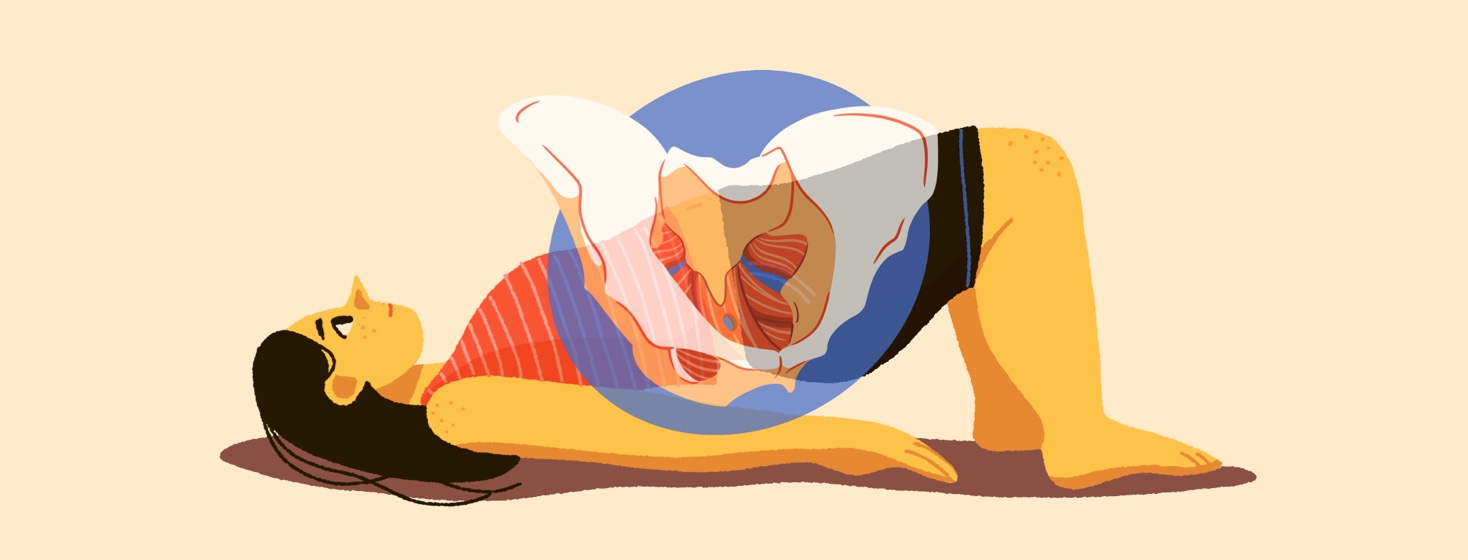Pelvic Floor 101
When I started taking Lasix, I started experiencing acute pelvic floor issues, including pain, pressure, sexual issues (pain during intercourse), and urinary urgency issues, among others. I have been going to pelvic floor physical therapy for a while, along with getting injections and other forms of therapy. I have learned a lot from these clinicians about the human body, as with most forms of physical therapy.
As a side note, anyone on the fence about any therapy, including cardiac rehab, should also consider the educational component of participating in rehab or physical therapy in addition to the rehabilitation aspect of these therapies.
Heart Failure and pelvic floor issues
Since diuretics are pretty universal among heart failure patients, I wanted to share what I've learned in case other people are experiencing this. In fact, I know my urologist has other heart failure patients with pelvic floor issues too. Also, for your information, I am a female. I cannot speak to the male experience with diuretics and pelvic floor pain or other issues because they have different anatomy in their pelvic floor.
I won't go into the medical definition of the pelvic floor, but I will say that it is the undercarriage of the (female) human body. It is the muscle that creates your pelvis, which includes your bladder, large intestine, and rectum. Issues with the pelvic floor impact your ability to poop, pee, and even have sex.
My experience
In my experience, I would describe pain around my bladder as burning. It is not the same type of pain as when you stub a toe, for example. It is still pain. Pelvic floor muscles can be too tight, or, like after having a baby, they can also be too loose. Most women know about Kegel exercises to tighten their pelvic floor to address incontinence issues after childbirth, but in my experience, that discussion does not include when your muscles become tight and spastic.
I've had friends tell me that they, too, pee a little when they jump on a trampoline, but what I have experienced goes WAY beyond that. And it's not just me! My partner can experience pain during sex because penetration can be tough, and the walls of my vagina are so tight and inflamed that he says it feels like he is hitting a brick wall, which puts him in pain too. FUN right?!
If you're in pain, seek help!
I wanted to point this out to other women who are on diuretics and are experiencing issues. If that is the case, ask about a urologist who treats women. Also, though, I've learned a lot about the autonomic nervous system. The autonomic nervous system is a set of nerves that act unconsciously and regulate our body's systems, including but not limited to heart rate, digestion, respiratory rate, etc.1 If you are in constant pain, this is one of the things that can cause this nerve system to go haywire, which can make muscle tightness worse.
This is not the time to get a medical lesson, but I do want to say that if you are a woman experiencing the symptoms listed above (especially and including chronic pain), seek medical attention. Chronic pain can exacerbate the condition, and there is help. It requires work on the patient's part, but there is help! Just realize that when you are in chronic pain, your ability to manage things by yourself may be lessened. It is not about breathing and relaxing, which is why I wanted to share my experience and encourage others with chronic pelvic floor issues to also seek help!"

Join the conversation